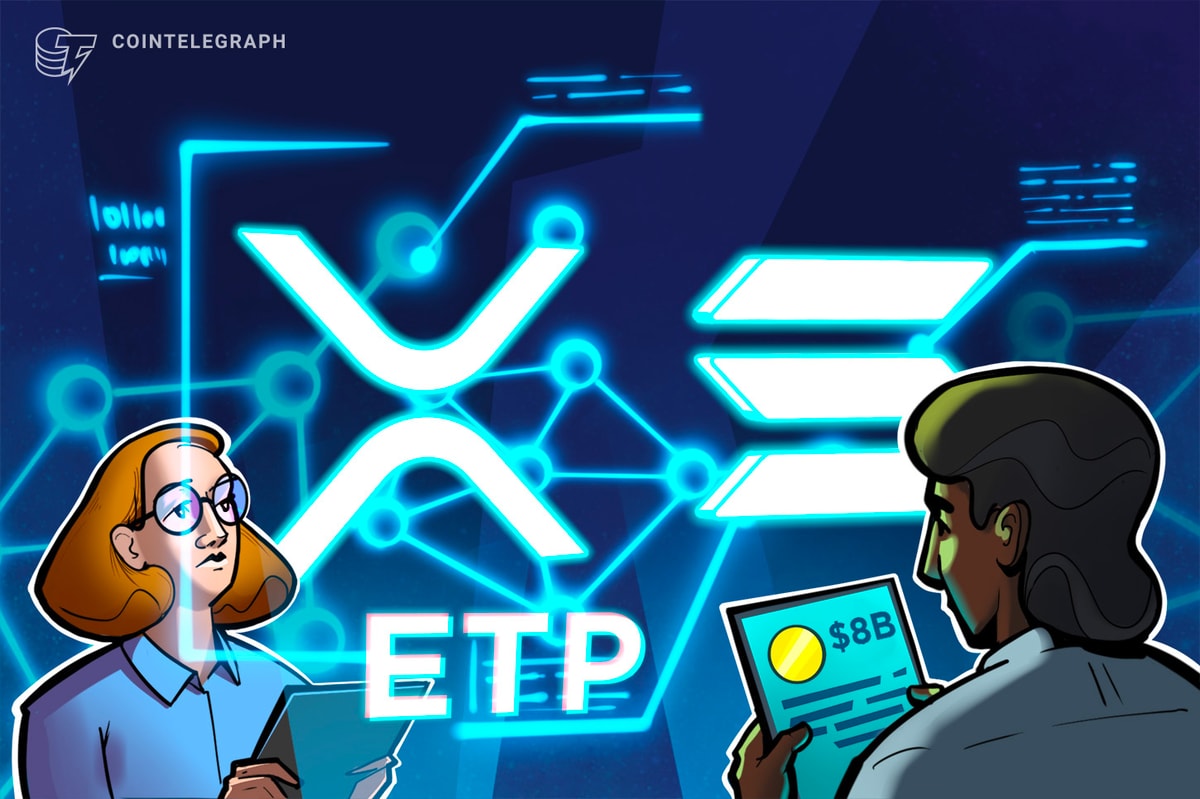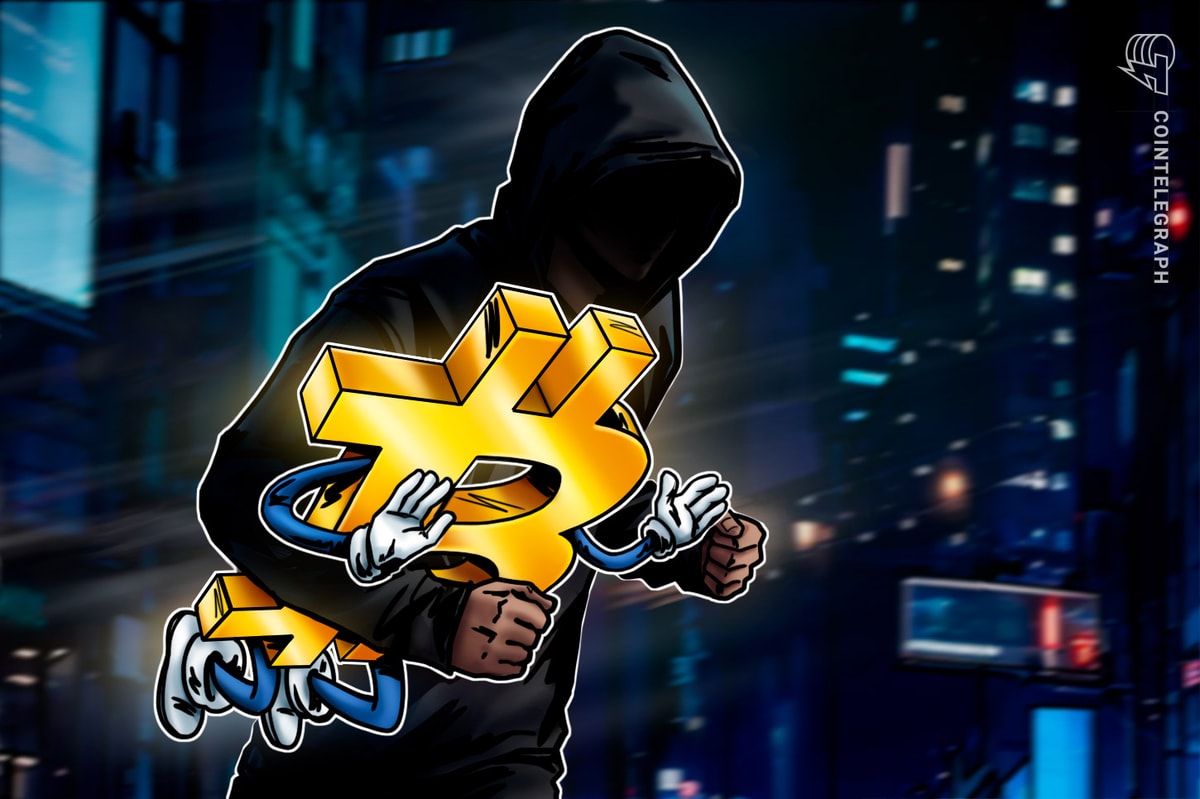Sony has launched the mainnet for Soneium, its layer-2 (L2) blockchain platform developed by Sony Block Solutions Labs, to streamline blockchain interactions and provide a user-friendly Web3 experience.
Built on the OP Stack from the Optimism Foundation, the platform incorporates Sony’s non-fungible token (NFT)-based Fan Marketing Platform and Soneium Spark, which support creators, developers and fans.
Soneium also includes partnerships with Sony Pictures, Sony Music and Sony Music Publishing, using NFTs to grant fans access to exclusive content and foster deeper engagement.
The mainnet launch was met with mixed reactions. Some users praised the platform’s potential, while others raised concerns over its “blacklisting” of some contract addresses.
The pseudonymous founder of Pump.fun slammed the L2 for “nuking everyone’s position to 0.”
Source: alon
Related: Ava Protocol, Sony’s Soneium partner for no-code blockchain automation
Mainnet launch meets controversy
Soneium launched with several practical use cases through partnerships with Sony’s entertainment divisions, such as NFTs granting Amazon Prime Video users access to exclusive content.
However, it wasn’t all smooth sailing for Sony. One X user alleged that Soneium had effectively “rugged users” of up to $100,000 in Ether (ETH) by freezing contracts.
The claims arose from Soneium’s policy of restricting addresses suspected of intellectual property (IP) infringement, which is outlined in its official documentation.
Source: Kawz
Related: Circle partners with Sony’s blockchain lab on USDC expansion
Sony responds to backlash
In response, Soneium director Sota Watanabe told Cointelegraph that the restrictions affected “only two specific contracts” due to IP violations.
The director of Soneium also said that users and developers could appeal the decisions and that the team was already in dialogue with the project whose contracts were restricted.
“They are actively updating their materials to comply with our policies. If they meet the policy requirements, the contract will be removed from the blacklist,” he said.
He emphasized that no funds were frozen, clarifying that the blacklist only restricted public RPC interactions with the flagged contracts. “This ensures that the action taken is targeted and minimally disruptive while still protecting creators’ rights,” Watanabe said.
Related: Sony debuts Soneium Minato testnet, Web3 developer incubator
Onboarding ‘billions of people’
Soneium aims to bring blockchain to everyday users without technical complexities. Watanabe highlighted the importance of focusing on user experience to onboard billions of people into Web3.
Soneium’s design focuses on improving user experience, bridging Web2 to Web3 users, and integrating blockchain into daily life without technical complexity.
The L2 blockchain includes initiatives offering creators systems to protect their intellectual property rights and to facilitate profit-sharing with their fans.
“We envision Soneium as the next chapter of Web3,” Watanabe said. “Our goal is to realize the notion of an open internet that transcends borders by connecting cultural differences and bringing together people with diverse values.”
Magazine: Cypherpunk AI: Guide to uncensored, unbiased, anonymous AI in 2025










